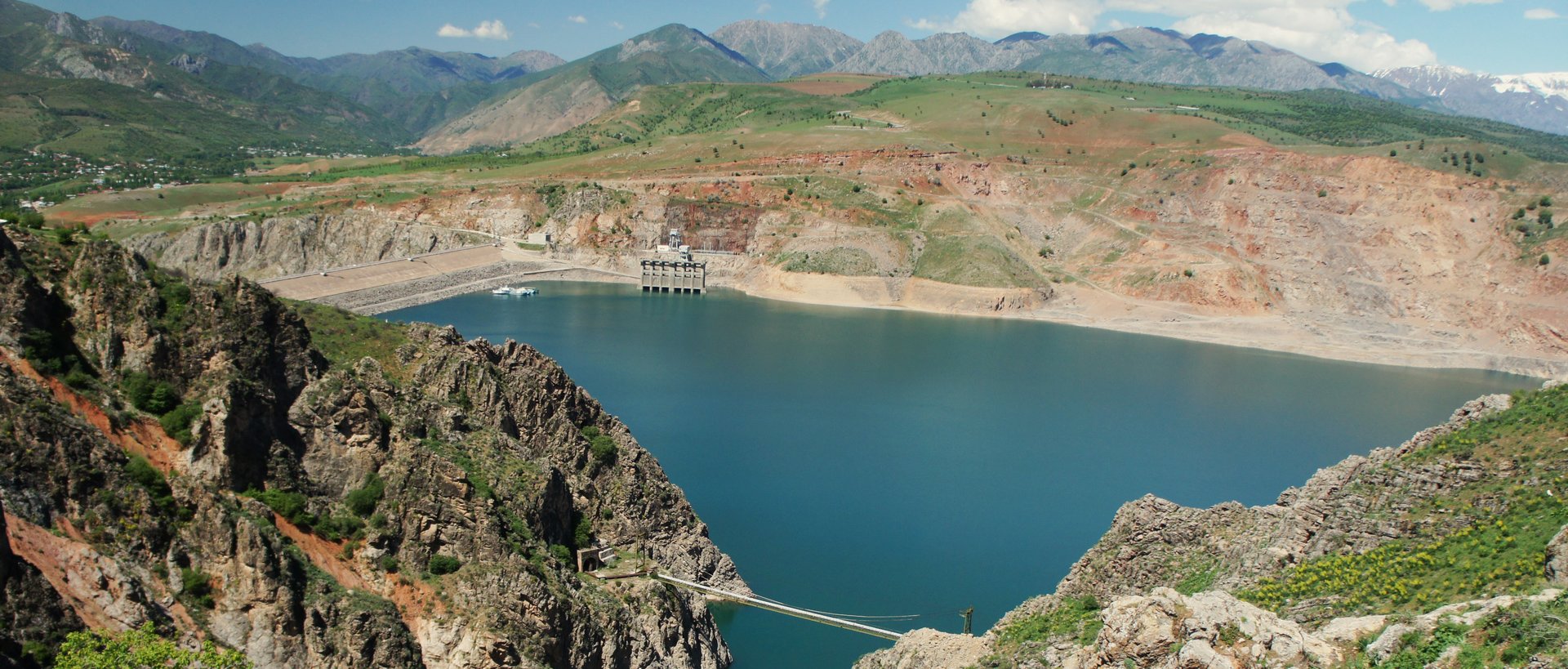Sustainable Hydropower Project
The problem:
Uzbekistan's hydropower sector is a critical component of the country's energy mix, contributing significantly to both energy security and sustainability. However, the sector faces substantial challenges due to climate change, including increased variability in water availability, changes in seasonal flow patterns, and heightened risks to water-energy security. The country’s existing hydropower infrastructure and long-term development strategies were not fully equipped to address these emerging risks, leading to concerns about the sector's resilience in the face of climate change.
Additionally, the lack of a comprehensive hydropower master plan that integrates climate resilience posed significant barriers to optimizing hydropower potential. Without a clear strategy, the selection and implementation of hydropower projects could result in inefficiencies, missed opportunities, and increased vulnerability to climate-related impacts. There was also a need for robust criteria and tools to evaluate and prioritize hydropower projects based on technical, financial, environmental, and socio-economic considerations, including climate resilience. Furthermore, the need for enhanced stakeholder engagement and regional cooperation, particularly under the Central Asia Regional Economic Cooperation Program (CAREC), was critical to ensure a coordinated approach to water and energy security in the region. Addressing these challenges was essential for the sustainable development of Uzbekistan's hydropower sector and its alignment with national and regional climate adaptation goals.
The solution:
To address these challenges, InfoCapital Group LLC (ICG) was engaged as the consulting firm responsible for developing a Hydropower Masterplan for Climate Resilience under the TA-9812 UZB: Sustainable Hydropower Project. The project aimed to strengthen Uzbekistan's hydropower sector by integrating climate resilience into the national hydropower development strategy and identifying priority investment projects.
ICG's approach began with a thorough review and assessment of Uzbekistan’s hydropower sector, focusing on long-term development strategies with an emphasis on climate resilience. This included analyzing watershed risks, evaluating the current state of hydropower infrastructure, and identifying gaps in existing plans. ICG then formulated comprehensive project selection criteria and assessment tools that incorporated technical, financial, environmental, and socio-economic characteristics, as well as climate resilience factors. These tools enabled the prioritization of hydropower projects that would not only meet immediate energy needs but also withstand the impacts of climate change.
In collaboration with Uzbekhydroenergo and other stakeholders, ICG developed a new hydropower sector master plan that included a prioritized investment plan. This plan identified short-term priority projects essential for improving the reliability of the power supply, which were subsequently incorporated into the government's capital investment program. The process also involved extensive stakeholder consultations and workshops, ensuring that the outcomes were well-understood and that climate adaptation strategies were mainstreamed into the institutional and policy framework.
Additionally, ICG supported the enhancement of Uzbekhydroenergo’s climate change policies by suggesting new measures to address emerging challenges. To build capacity within the sector, ICG developed an integrated capacity development and training program, including a series of thematic workshops aimed at strengthening the skills of Uzbekhydroenergo staff and other related agencies. This training equipped them with the knowledge and tools needed to effectively plan, implement, and update the hydropower master plan, ensuring its continued relevance in the face of evolving climate risks.
Through these comprehensive efforts, ICG significantly contributed to the sustainable development of Uzbekistan's hydropower sector, aligning it with national and regional climate resilience objectives and setting a foundation for long-term energy security and environmental sustainability.
Start date:
07/2020
Services:
Client:
ADB




